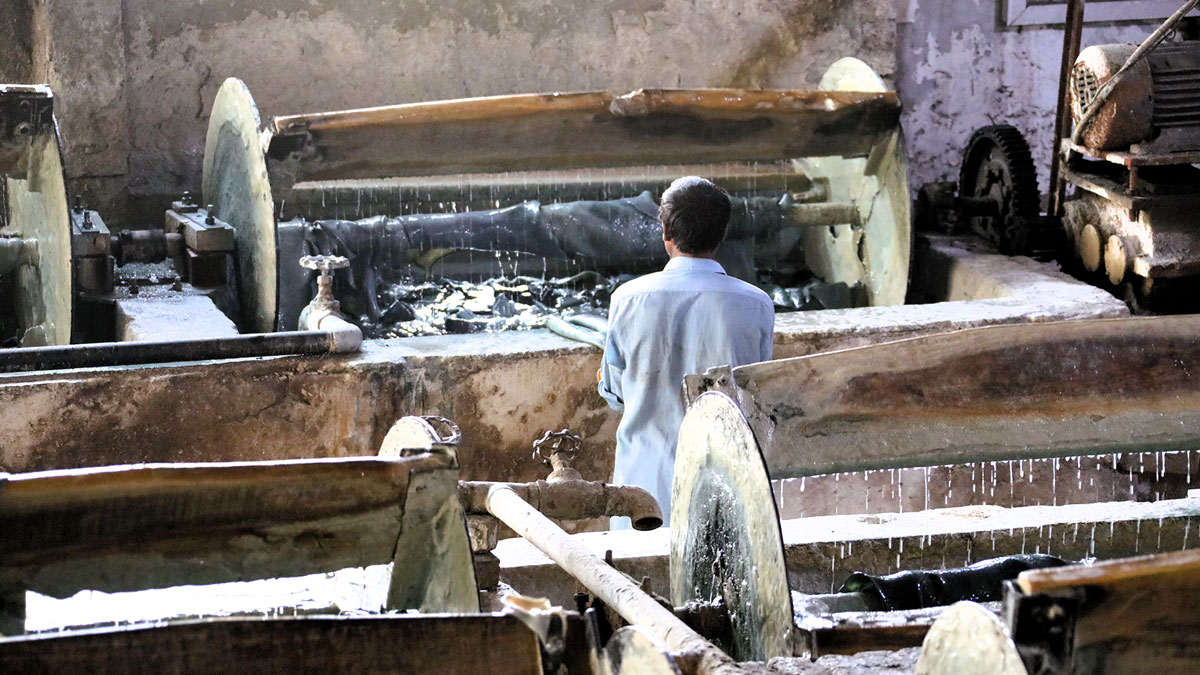
Leather is a global product, but its production results in significant amounts of pollution, which poses challenges for developing countries to address. As part of the Sustainable Manufacturing and Environmental Pollution (SMEP) programme, UNCTAD supported a one-day workshop on eco-tanning processes in Kenya and the East African Region.
This workshop followed on from a two-day workshop in August to discuss the integration and implementation of current green and sustainable leather tanning and trading technologies in the Kenyan and East African leather sectors, TUK, with the support of UNCTAD through the SMEP programme, built on the insights from gained to feed into this one-day open discussion forum involving 30 participants who are stakeholders in the leather industry (industry players, Government policy makers and research academia) to identify and resolve the impediments they face while implementing legal frameworks governing the leather tanning industry in Kenya and the region and recycling of leather waste to protect the environment.
The Draft Kenya Leather Value Chain Policy and Legal Framework's anticipated effects in fostering a supportive environment for the leather sector and value chain optimization was covered during the workshop.
This activity further built upon previous recommendations contained in the Kenya Leather Industry Action Plan, issued in 2014 (report Nr. 99485) by the Kenya Ministry of Industrialization and Enterprise Development.
Attendees to this workshop agreed that continued dialogue is necessary between all stakeholders across the leather value chain in order to overcome the challenges facing the sector. A proposal was made to set up a knowledge sharing and communication platform to continue the discussions. It was also suggested that an annual workshop would help to ensure progress doesn’t stall and issues can be discussed and resolutions found.


